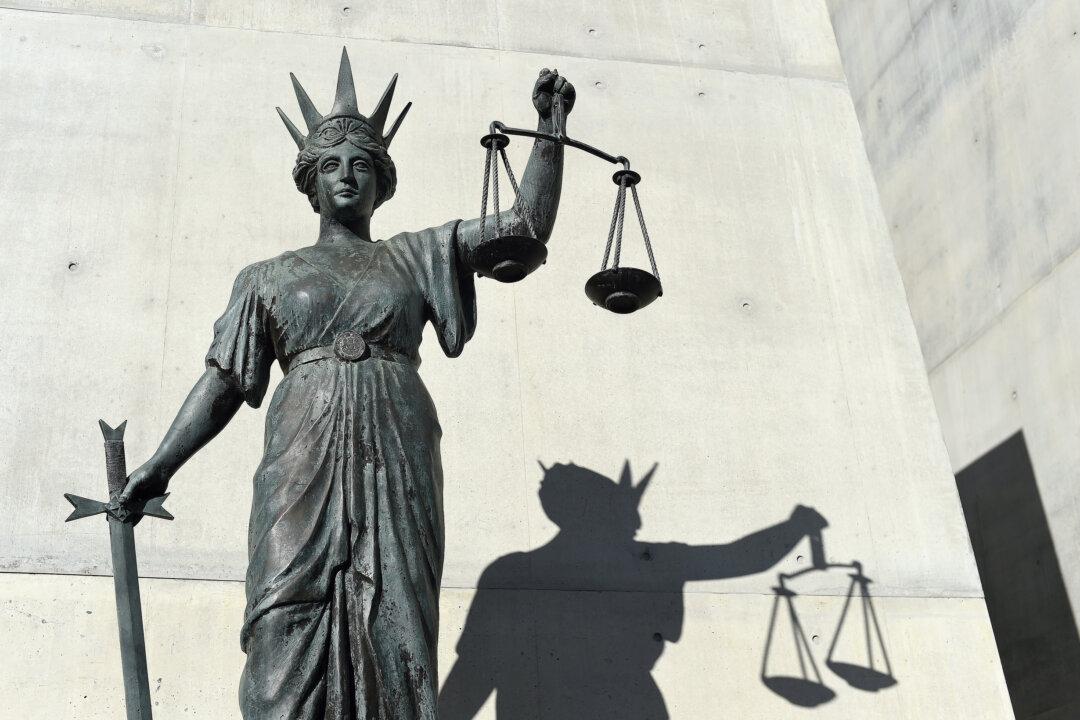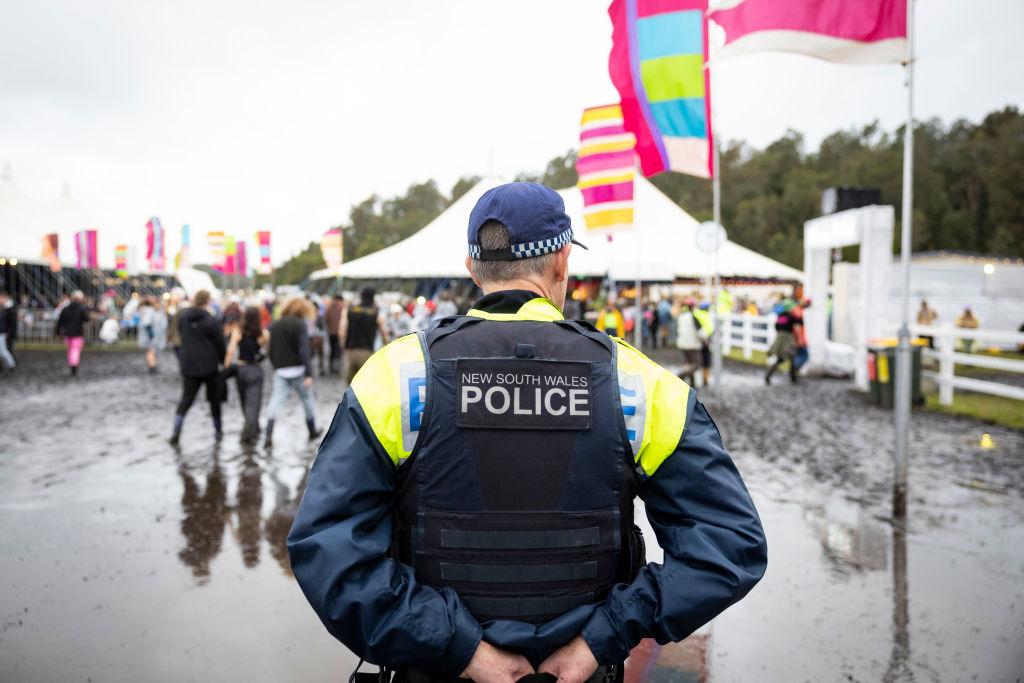Lawyers of a high-profile man accused of rape must seek a non-publication order before Oct. 3 after new laws allowing the public naming of people charged with rape and other prescribed sexual offences passed in Queensland State Parliament on Sept. 13.
The Justice and Other Legislation Amendment Bill 2023 modernises and strengthens Queensland’s laws. It comes after the Women’s Safety and Justice Taskforce’s (WSJT) Report One recommended the public naming of accused sex offenders in cases where they are charged from July 2022. Previous laws only named alleged offenders once they were committed to trial.





